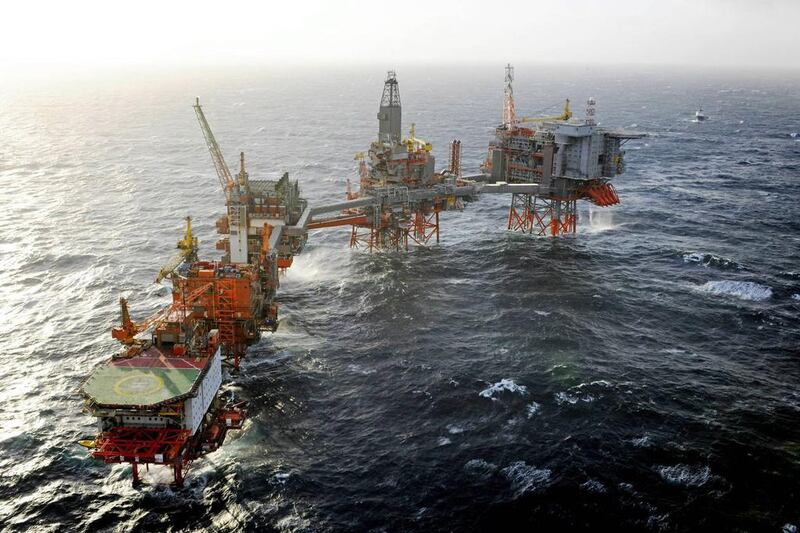Peak demand for oil is unlikely to materialise over the next 15 years, as crude will find more use as feedstock in the manufacture of chemicals and refined products, according to the head of the International Energy Agency.
"In the next 15 years I don't expect oil demand to peak and decline as a result of market forces, there may be other things in the picture," Fatih Birol told delegates at the World Economic Forum in Davos, Switzerland, on Friday.
"Middle East oil will be there for years to come to meet demand," he added.
The Paris energy organisation had noted in its World Energy Outlook that while demand for crude by the automotive sector is likely to peak over the next 15 years, due to the uptake in electric vehicles and alternative fuels, other sectors such as aviation and petrochemicals would continue to rely on fossil fuels.
Concern over peak demand emerged during the three-year slide in oil prices, which saw prices crash to as low as $29 per barrel in 2016 after a build-up in oil inventories due to excess supply from US shale producers and slowing economic growth in China.
__________
Read more:
Shale to top 14 million bpd by 2031, says US Energy Information Administration
IEA keeps its global oil demand forecast for 2019 despite trade war headwinds
__________
"I believe there is a major demand of petrochemicals, and petrochemicals is the next wave of use of oil," said Kirill Dmitriev, chief executive at Russian Direct Investment Fund.
"We don't believe peak demand is coming any time soon," he added.
The IEA's executive director also remained lukewarm on the impact of shale on the global energy markets. The US Energy Information Administration has forecast US shale to surge above 12 million barrels per day by April this year, after it outpaced sovereign producers Russia and Saudi Arabia last year to become the world's top producer of crude.
"Middle East exports did increase. US shale oil is [largely] used at home for domestic purposes and we need Middle East oil," said Mr Birol.






